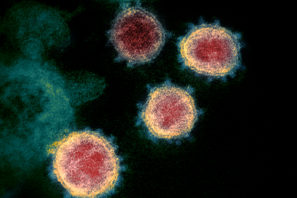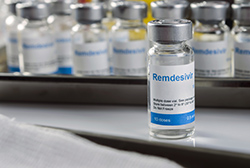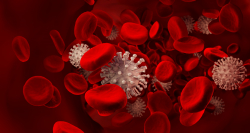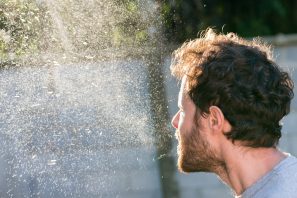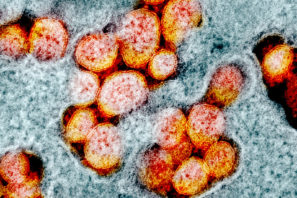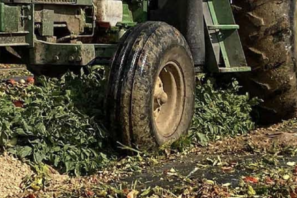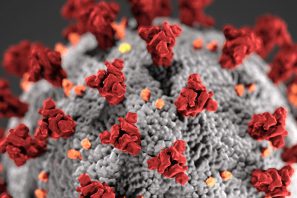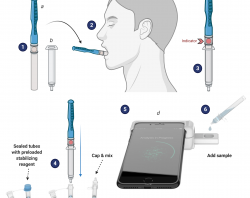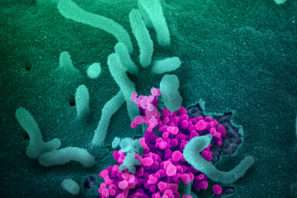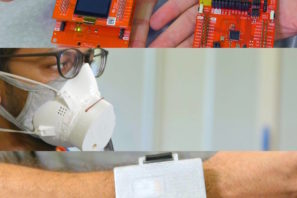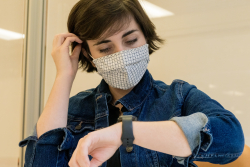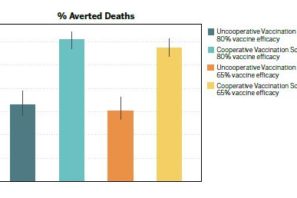A protein thought to be the novel coronavirus’ entryway into the body could not be detected in the insulin-producing cells of the pancreas in three dozen individuals.
The race to find effective treatments for COVID-19 isn’t just about developing new drugs. University of Florida Health scientists are studying a trio of existing medications known to have broad antiviral activity.
NIH has launched two adaptive clinical trials evaluating the safety and effectiveness of blood thinners to treat COVID-19.
Dr. Balachandar answered questions on Reddit's Ask Science thread about how far infectious droplets could carry a virus in host-to-host transmission.
UF researchers Chang-Yu Wu, an engineer, and John Lednicky, a virologist, teamed up a decade ago to solve long-standing challenges in how air samples are collected and tested for viruses.
When COVID-19 brought the tourism industry to a crashing halt this spring, farmers around the state quickly pivoted to sell the bounty of fruit and vegetables that were at peak harvest.
STEM Translational Communication Center researchers have been awarded NIH grant which is testing the efficacy of using virtual technology to increase colorectal cancer screening among rural and minority patients.
A UF professor won 2nd place in a technology competition sponsored by the NIH for a rapid saliva test that can be used to diagnose COVID-19.
UF researchers sifted through several thousand studies on human coronaviruses related to the novel SARS-CoV-2 which causes COVID-19, with the goal of learning from the past to help shape the future.
A wristband that tells kids when they’re too close together at school. A wearable that detects a possible COVID infection before you feel sick.
Many Americans are simply touching their faces too often during the novel coronavirus pandemic, public health officials have observed, potentially increasing their exposure to the pathogen.
Which global distribution strategy for a hypothetical COVID-19 vaccine will save the most lives?

